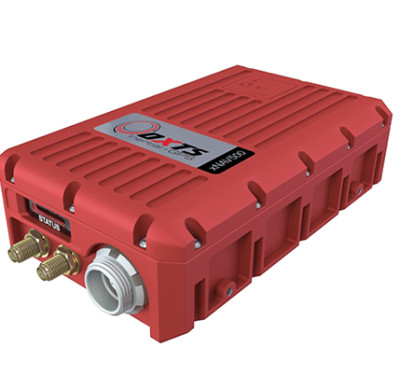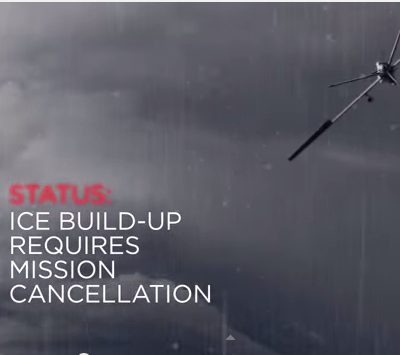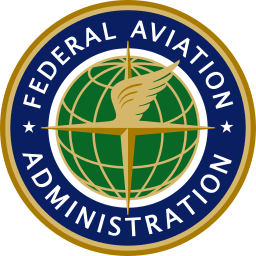
Photo courtesy David Lord via Unsplash.
North Dakota is poised to invest $28 million in infrastructure to enable drones across the state to fly beyond the visual line of sight (BVLOS) of their pilots.
Gov. Doug Burgum was set to sign into law House Bill 1018, which allocates the BVLOS money plus another $3 million to upgrade infrastructure at the drone-focused Grand Sky business development park and more than $2 million to support operations of the Northern Plains UAS (Unmanned Aircraft System) Test Site in Grand Forks.
Counting the new money North Dakota will have pumped approximately $77 million into advancing UAS research and development within the state, officials said in a statement.
“With these significant investments, North Dakota has once again sent a loud and clear signal that we are America’s premier proving grounds for UAS research, testing and commercialization,” Burgum said in a statement. “Our strong commitment to supporting UAS researchers, entrepreneurs and technology, combined with our open skies, four distinct seasons and industry sectors harnessing the potential of UAS through uses such as automated farming and precision agriculture, ensure North Dakota will continue to grow as a national leader in UAS.”
The bill signing was to take place at the Northern Plains UAS Test Site at the University of North Dakota—one of the seven official Federal Aviation Administration (FAA) test sites. North Dakota is also home to one of the nine teams participating in the FAA’s Integration Pilot Program. Under the program some 200 teams are prototyping and testing drone applications, sharing the data they get with the FAA to speed development of new rules to integrate unmanned aircraft into the National Airspace System. The test site discussed their work at AUVSI’s XPONENTIAL 2019 conference in Chicago last week.
The state has also been working with Harris Corp. to build a 100-mile long “BVLOS Super Corridor.” Multiple layers of low- and high-altitude cooperative and non-cooperative surveillance and long-range communication and command (C2) links will support flights in the corridor. Harris will also work with users to secure operational BVLOS waivers for multiple use cases such as critical infrastructure inspection, precision farming, public safety and package delivery.






